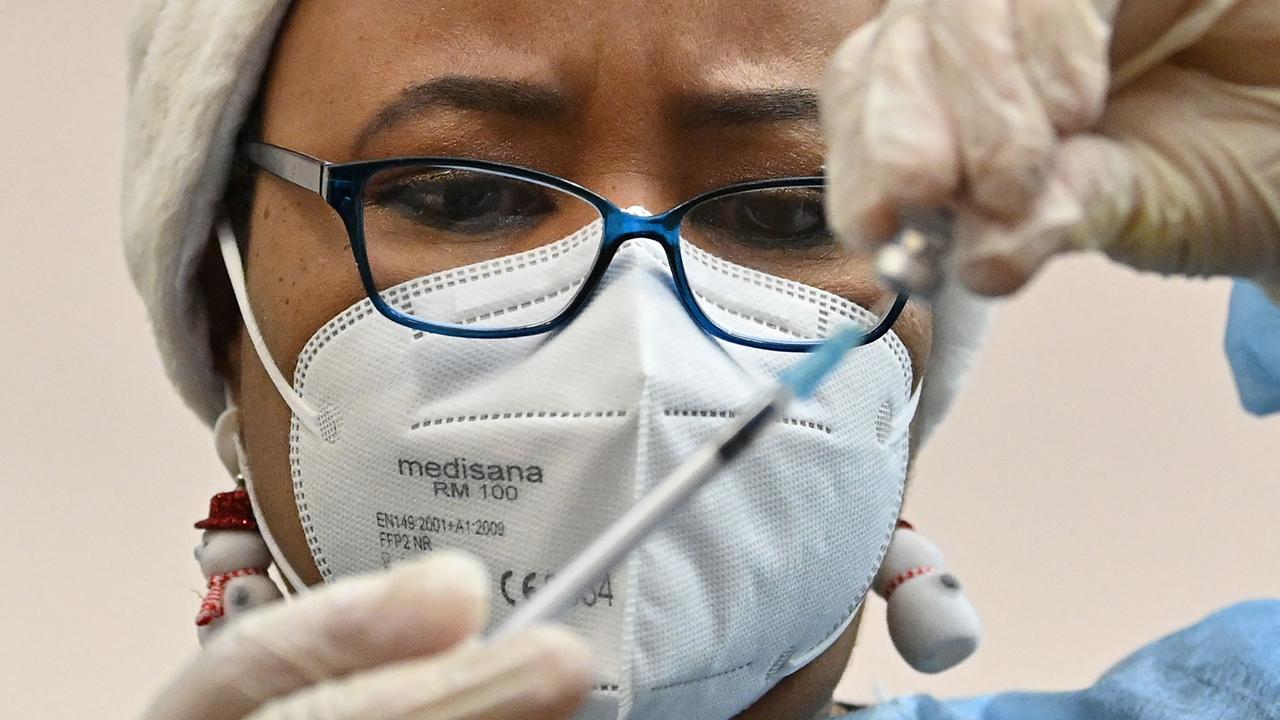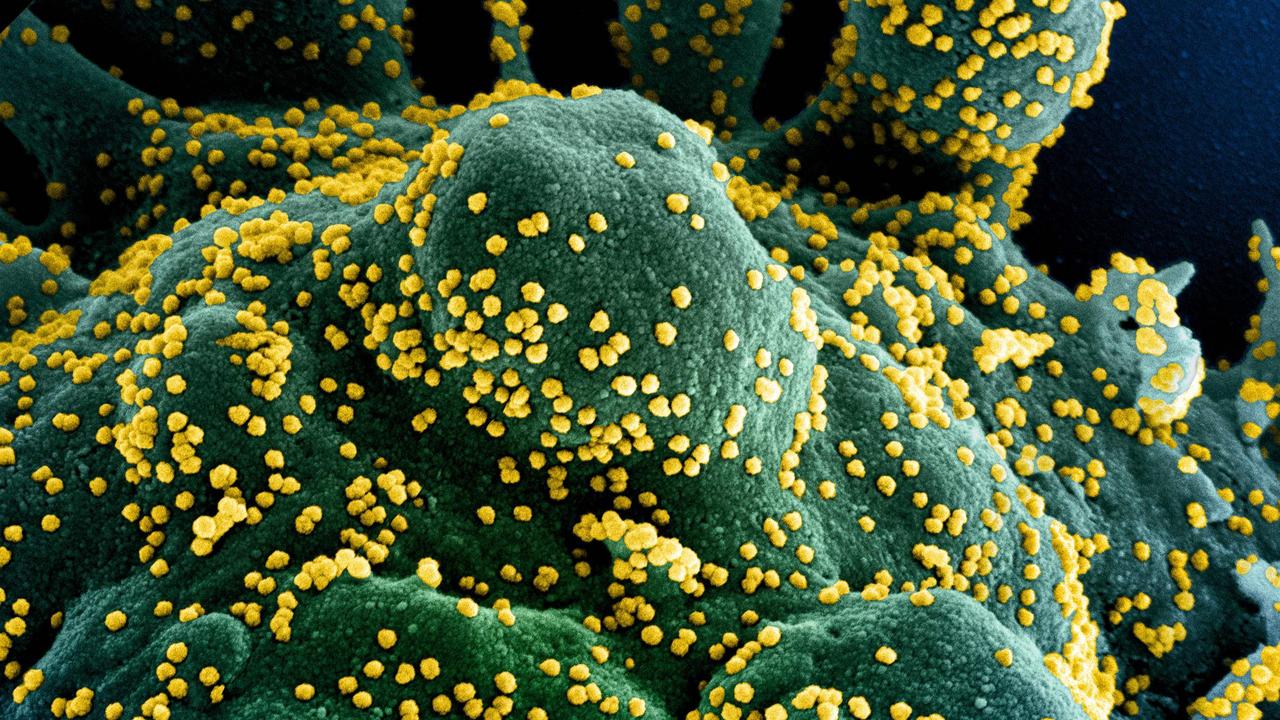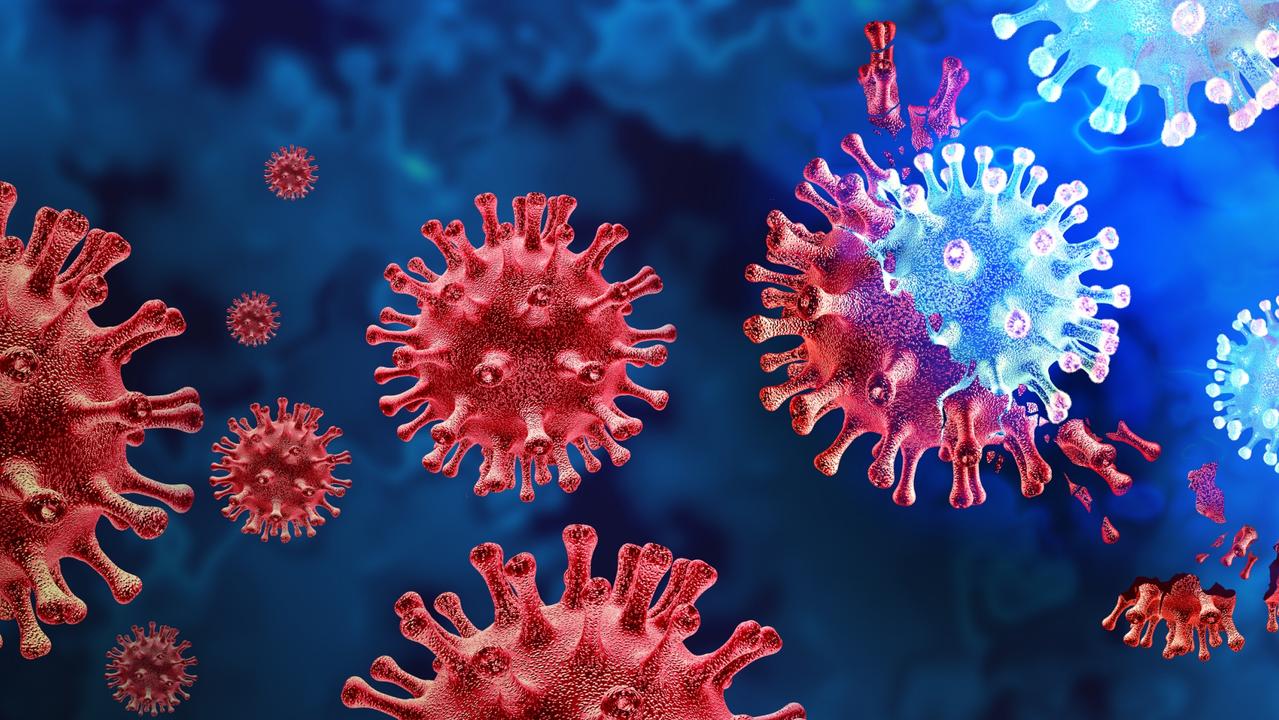World-first coronavirus test can detect superspreaders, infectious rate
In a world first, a Queensland company has developed the technology to detect COVID-19 superspreaders, determining how infectious they might be.
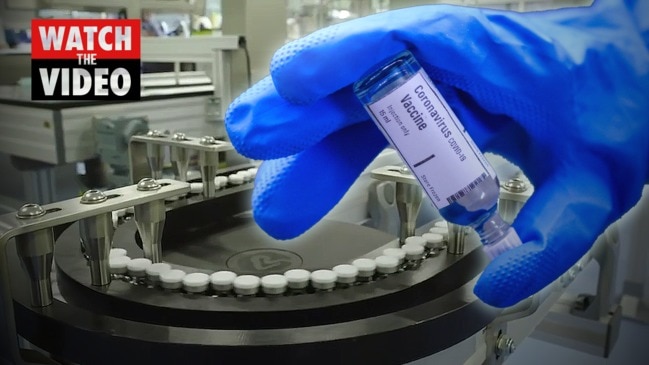
In a world first, a Queensland company has developed the technology to detect COVID-19 superspreaders – judging by a person’s viral load – and whether or not people need to be in quarantine.
Created by Microbio Pty Ltd, The Australian reports the test has been independently verified to identify the presence of replication-competent coronavirus samples in just 45 minutes – and has the power to impact government policy in managing the pandemic.
Speaking to the publication, Microbio chief scientific officer Dr Flavia Huygens said the test aimed to identify people with COVID-19 as early as possible in order to limit the virus’ spread.
Certain individuals who become infected by the virus – so-called “superspreaders” – are more likely to transmit it to a disproportionate number of people than others, highlighted by multiple outbreaks in NSW and Victoria in recent months.
“There is no precise definition in epidemiological terms of a superspreader,” Queensland University of Technology (QUT) epidemiologist Gerry FitzGerald told news.com.au, but they could loosely be defined as “someone who is more likely to spread the illness”.
RELATED: Follow our live coronavirus coverage
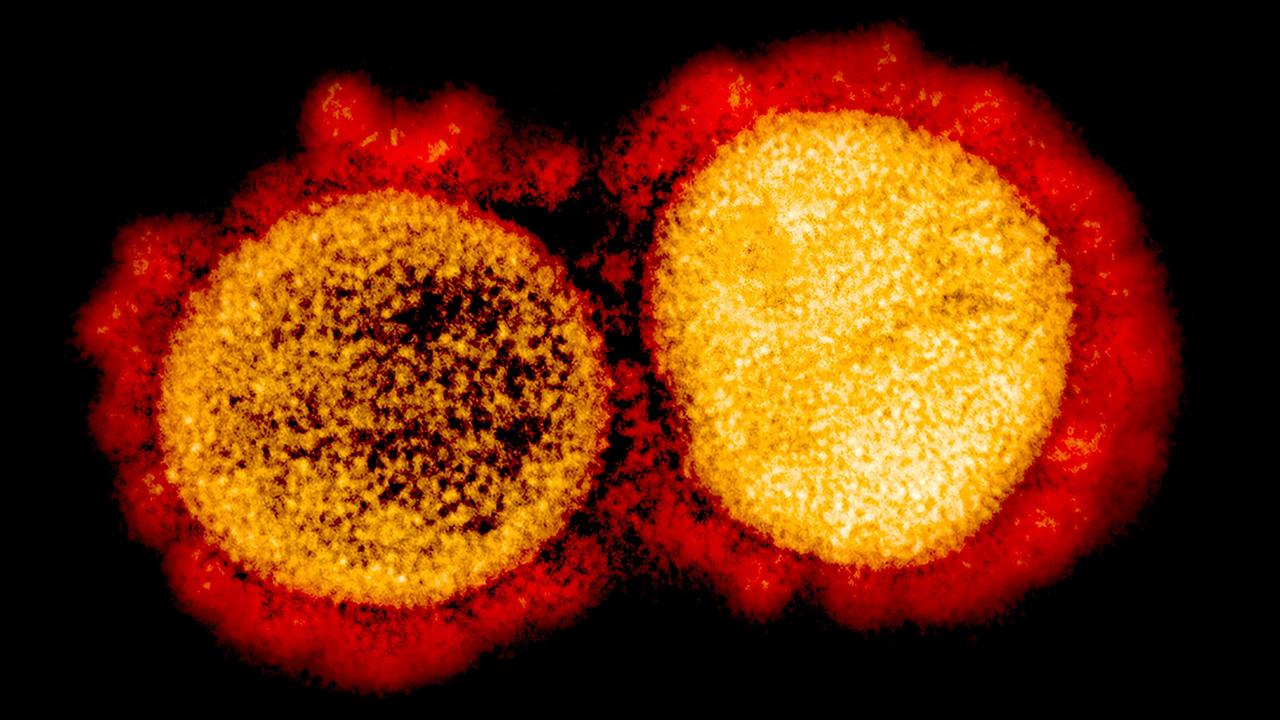
Dr Huygens said the new test was the first on the market to identify not just whether the virus was replicating (and therefore infectious), but also the viral load.
“There’s a lot of evidence that people are tested 40, 50 or even 60 days later and are still positive, that doesn’t mean they’re infectious or sick,” she said.
Microbio chief executive Paul Carboon told The Australian the test was a “potential breakthrough”.
“As the world looks to open up safely, having accurate real-time testing is extremely important while we await the development and mass production of an effective vaccine,” he said.
It will also “definitely” have the ability to detect superspreaders, aiding more effective contact tracing.
“We can measure the number of copies of the virus that is copying itself,” Dr Huygens said.
“We could potentially identify someone who continues to test positive for replicating over time … they could be classed as a superspreader using our test.”
RELATED: ‘It’s not right’: Vaccine hopes shot down
Several contributors increase a person’s likelihood of spreading COVID-19, Professor FitzGerald explained, one being “the behaviour and extent of social interaction of the individual”.
“Whether someone is a superspreader or not will depend on some combination of the pathogen, the patient’s biology and their environment or behaviour,” Professor of Entomology and Director of the Centre for Infectious Disease Dynamics at Pennsylvania State University, Elizabeth McGraw, wrote in a piece for The Conversation.
“Some infected individuals might shed more virus into the environment than others if their immune system has trouble subduing the invader.
“Additionally, asymptomatic individuals – up to 50 per cent of all those who get COVID-19 – will continue their normal activities, inadvertently infecting more people.”
RELATED: Melbourne crushes world virus record
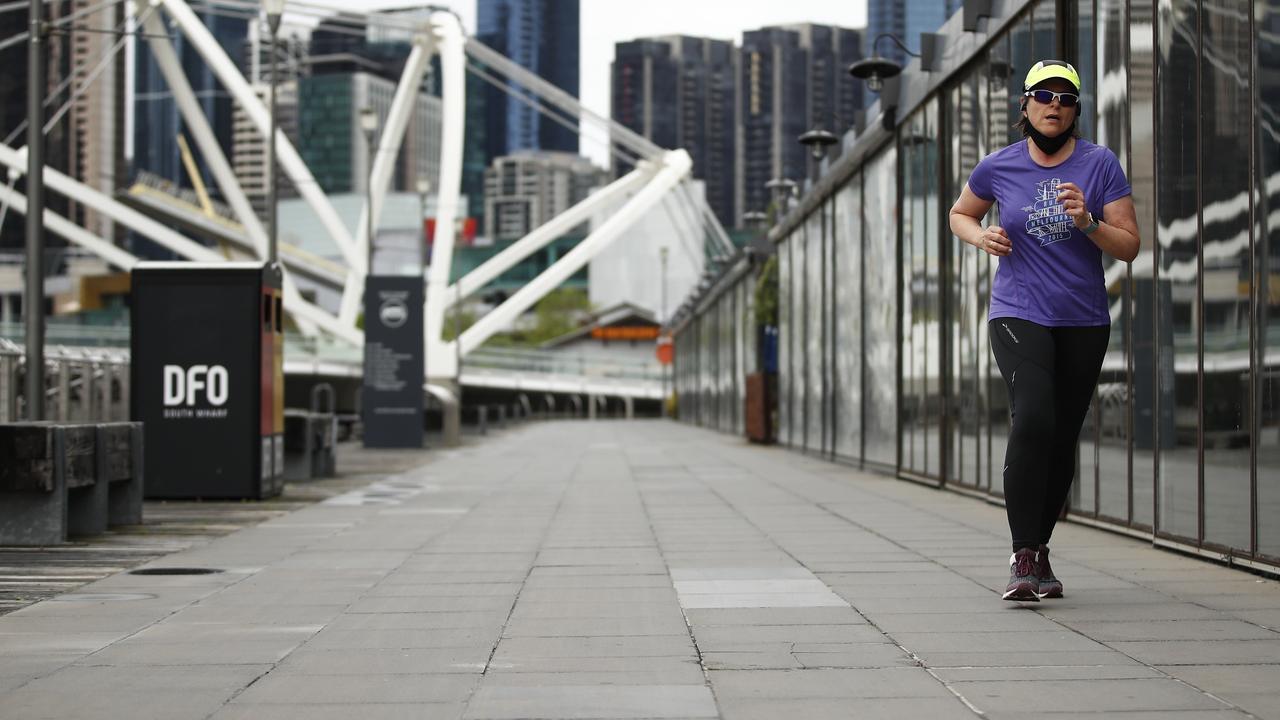
The new test would also deliver an “almost huge paradigm shift” in how health departments manage the pandemic.
“People can go back to work quicker, people don’t need to be isolated for 14 days … hopefully we can return to some normality,” Dr Huygens said.
“I really hope this test of Microbio will make a significant difference in the way people are managed going forward.”
The test, which has been in its final stages for the past five months, is now waiting to receive human samples from Australia and abroad, with talks underway for countries in Europe and Asia, as well as the United States, to have it fast-tracked for approval.


